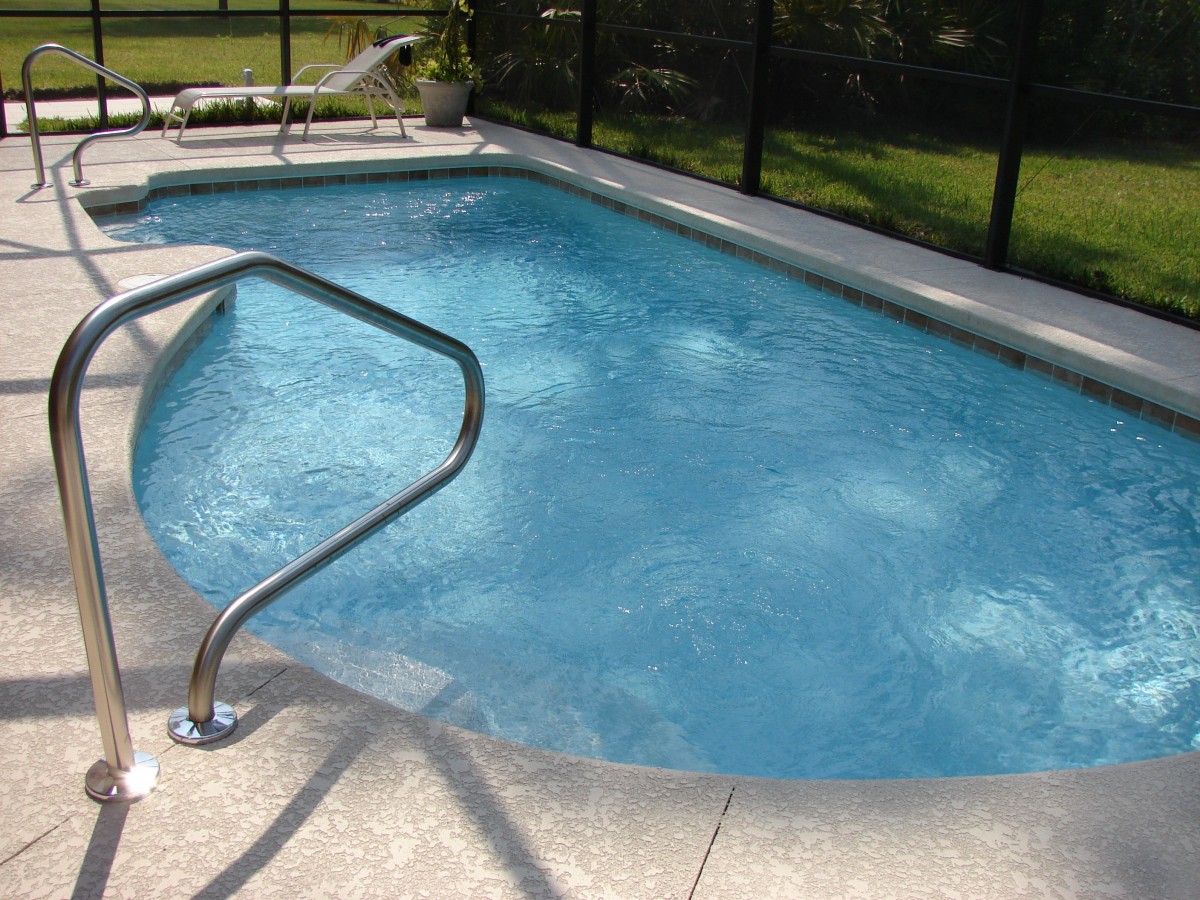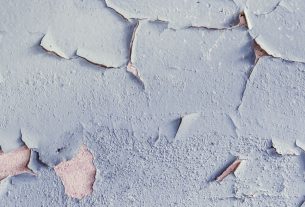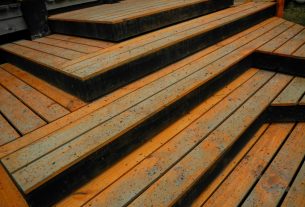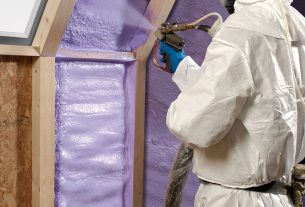How to Repair a Pool Leak
Leakage is a common problem that pool owners often face. But don’t panic. If the problem is detected quickly, it can be easily remedied. This post helps you to differentiate a leak from a “normal” drop in level and to detect a possible leak on your own or with the intervention of a professional. Discover also what are the main causes of a leak, what the consequences are on your pool, how to repair it, and how to avoid any leak problems.
Is it really a leak?
If you notice that the water level in your pool tends to drop, you should know that the volume of the pool can decrease by up to 3% when it is very hot. Your problem may be due to the natural evaporation of the pool water, and there is no need to worry.
However, when the water level drops each day, it is best to check for a leak.
Good to know: in normal circumstances, your pool can lose up to 3 cm of water per week. Backwashing the filter can also increase water loss by sending “waste” water to the sewer.
Pool leakage: the bucket test
To determine if the drop in water level is due to evaporation or a leak, place a bucket of water on the pool steps and mark the level with a pencil. After a few hours, compare the evaporation rate to the water level in the pool. If the rate is much higher in your pool, then it is most likely a leak.
How to detect a pool leak?
Once you are sure you have a leak, you need to locate it. First, turn off your filter pump and look around the equipment room for any puddles of water. A worn seal at the pump could be the cause of the leak. If the problem is not in the equipment room, let the water level go down by itself. Then observe where the water settles. The water level may stabilize under the skimmers or other parts to be sealed (discharge nozzles, brush head): this is where the leak is located.
For inflatable pools, it is easier to detect a leak. Simply inflate the pool to its maximum capacity and press down on the tire. You will hear a slight hiss where the pool is damaged, or bubbles will appear. For the outer casing, a little soapy water is all that is needed to make soap bubbles appear where air is escaping.
Locating a pool leak with a professional

If you are unable to locate the leak, call a professional who will have all the necessary equipment to find the source of the problem:
Electronic detectors for liner or polyester shell
Dye test (fluorescein)
Level sensors
Special detectors for pipes
Video cameras
Although each professional is different, the electronic detector or the fluorescein test are the most used to locate a leak in the structure. For pipes, the search is longer and more complicated.
A leak in the pool: different causes
A leak in a swimming pool can appear in different cases:
- A crack in the structure of the pool or the piping
- The water-tightness of the pool can be defective
- The pool lining can be damaged: the tiles can break, and leaks due to the liner are very common
- A landslide can also cause a pool leak
- A poor-quality liner
- Poor workmanship on the part of the pool builder
Good to know: it is often more efficient to call a professional to diagnose the leak. Once the cause is identified, the problem must be solved as soon as possible.
The consequences of a pool leak
If you do not detect the leak in your pool or if you let the problem linger, the consequences can be disastrous for your equipment. A small leak can cause major damage to the pipes, land subsidence, deformation of the pool and a large water bill.
How to repair a water leak in your pool?
Depending on the size of the leak and the type of lining of your pool, there are different solutions.
For an above-ground pool or an in-ground pool with a liner, it is possible to repair micro-cracks yourself with a special liner repair kit. Some offer self-adhesive patches, and some offer patches to be glued with PVC glue. Most of them can be used underwater, so you don’t have to empty your pool.
But beware, if you can glue your pool liner yourself, not all leaks are easy to repair. There is no miracle recipe; you must contact a professional.
Avoiding leaks in your pool
There are certain rules to building a pool. Make sure that everything is done correctly, and take the time it takes. Laying out your pool liner or backfilling the ground are actions that require thoroughness. With a well-designed pool from the start, you avoid multiple complications.
If you have ever experienced a pool leak, get a leak detector. The automatic leak detector is very effective and will alert you to the slightest problem.
To avoid leaks in above-ground pools, it is recommended that the liner be stored and folded properly in winter. Storing the liner in the wrong conditions can damage the liner and cause tears.



